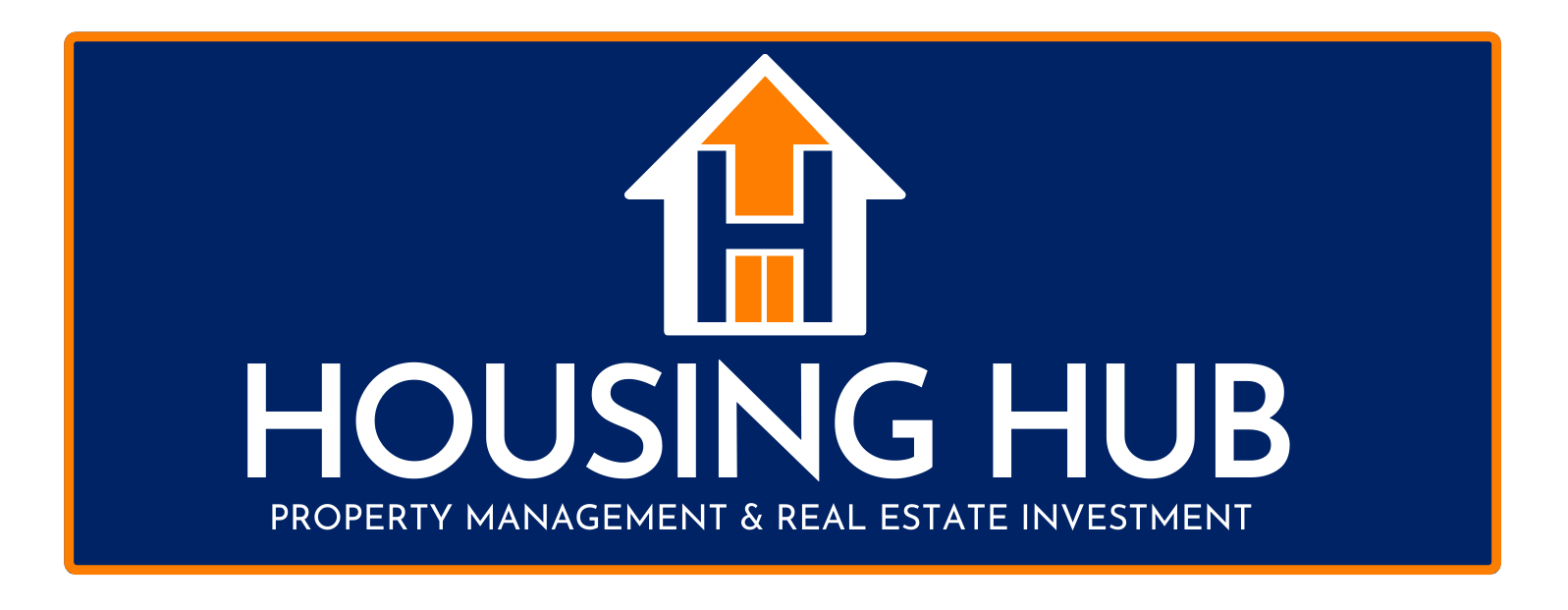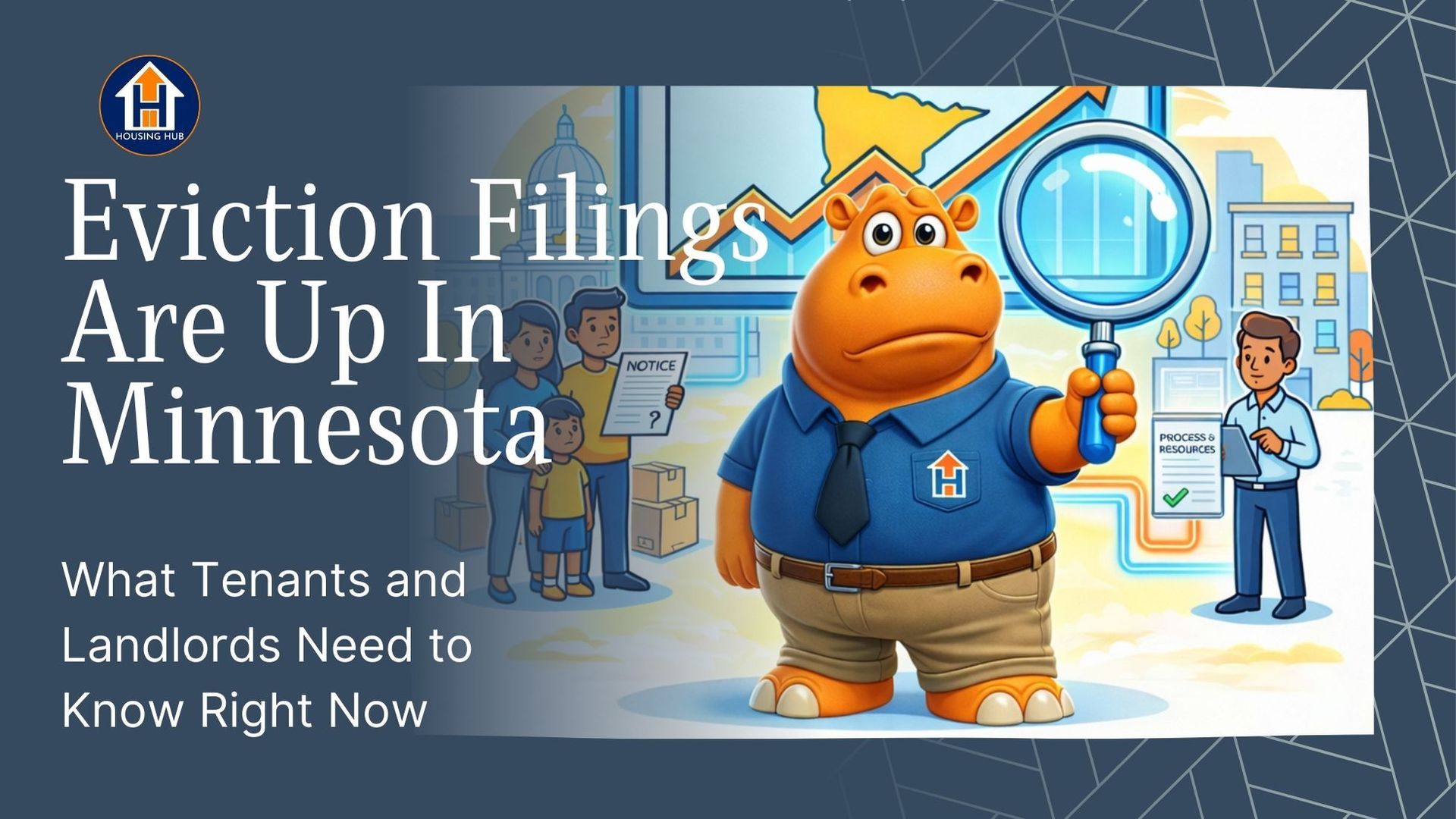2024 Real Estate Market Trends in Twin Cities
The housing market in the Twin Cities, Minneapolis and St. Paul, is always evolving. As we move through 2024, understanding the ever-changing conditions and trends in real estate is essential for both property owners and prospective tenants. With factors like economic shifts, job growth, and legislative changes, staying informed helps everyone make better decisions, whether buying, selling, or renting.
Various elements influence the housing market in our area. These range from local regulations, such as rent control, to broader economic conditions like employment rates and financial policies. All these factors combined create a unique landscape for real estate in the Twin Cities. Exploring these trends can provide valuable insights into what we might expect in the coming months and how best to navigate these changes for a successful outcome.
Through this article, we aim to shed light on the current housing market dynamics, significant influencing factors, the impact of recent laws on property owners, and future real estate opportunities in the Twin Cities. Understanding these aspects will be beneficial for landlords, investors, and tenants alike.
Overview of the Current Housing Market in Twin Cities
The Twin Cities housing market is experiencing significant activity as we move through 2024. Both St. Paul and Minneapolis are seeing a mix of stable property values and high demand for housing. This area offers diverse property types, from single-family homes to multi-family units, accommodating varying tenant needs. We see a balance between supply and demand, though certain neighborhoods are more competitive than others.
Affordability remains a key issue for many renters. Our goal is to manage properties that cater to a wide range of income levels, ensuring that quality housing is available to all. The Twin Cities continue to attract new residents, driving up demand and making this an opportune time for property owners to maximize their investments.
Factors Influencing Real Estate Trends in 2024
Several factors are shaping real estate trends in the Twin Cities this year. Economic conditions, including employment rates and inflation, play a significant role. A robust job market in Minneapolis and St. Paul contributes to steady demand for rental properties, as people move to the area for job opportunities.
Social trends are also impactful. Increasing preferences for urban living drive demand for properties close to amenities, public transport, and job centers. Environmental factors, such as sustainable living and energy-efficient buildings, are becoming more important, influencing both property development and tenant choices.
Impact of Rent Control and Legislation on Property Owners
Rent control measures and legislative changes shape the rental landscape in the Twin Cities. These policies are designed to keep housing affordable but can present challenges for property owners. Understanding local rent control laws is essential for compliance and effective property management.
Rent control can limit the amount of rent increases, impacting rental income. We need to find ways to maintain property value and ensure profitability, even with these regulations in place. Staying informed about legislative changes helps us adapt and make necessary adjustments to our strategies.
Future Predictions and Opportunities in Twin Cities Real Estate
Looking ahead, we anticipate continued growth and transformation in the Twin Cities real estate market. With ongoing urban development projects and infrastructure improvements, the area is poised for further investment opportunities. Multifamily units and environmentally friendly buildings are expected to attract more tenants.
Smart technology and sustainable practices will likely remain critical drivers in property development. By incorporating energy-efficient solutions and smart home technology, we can enhance tenant satisfaction and property value. These advancements offer opportunities to stay competitive and meet evolving tenant expectations.
The Twin Cities housing market in 2024 presents both challenges and opportunities for property owners. Understanding current trends and legislative impacts are crucial for effective property management and investment strategies. Building strong tenant relationships, ensuring a comfortable and safe environment, and staying informed about market changes are vital for success. As we navigate this dynamic landscape, our commitment to quality and innovation remains unwavering.
Explore how Housing Hub can help you manage and
grow your rental property portfolio in the Twin Cities. Contact us today to learn more about our property management services and how we can support your investment goals.






